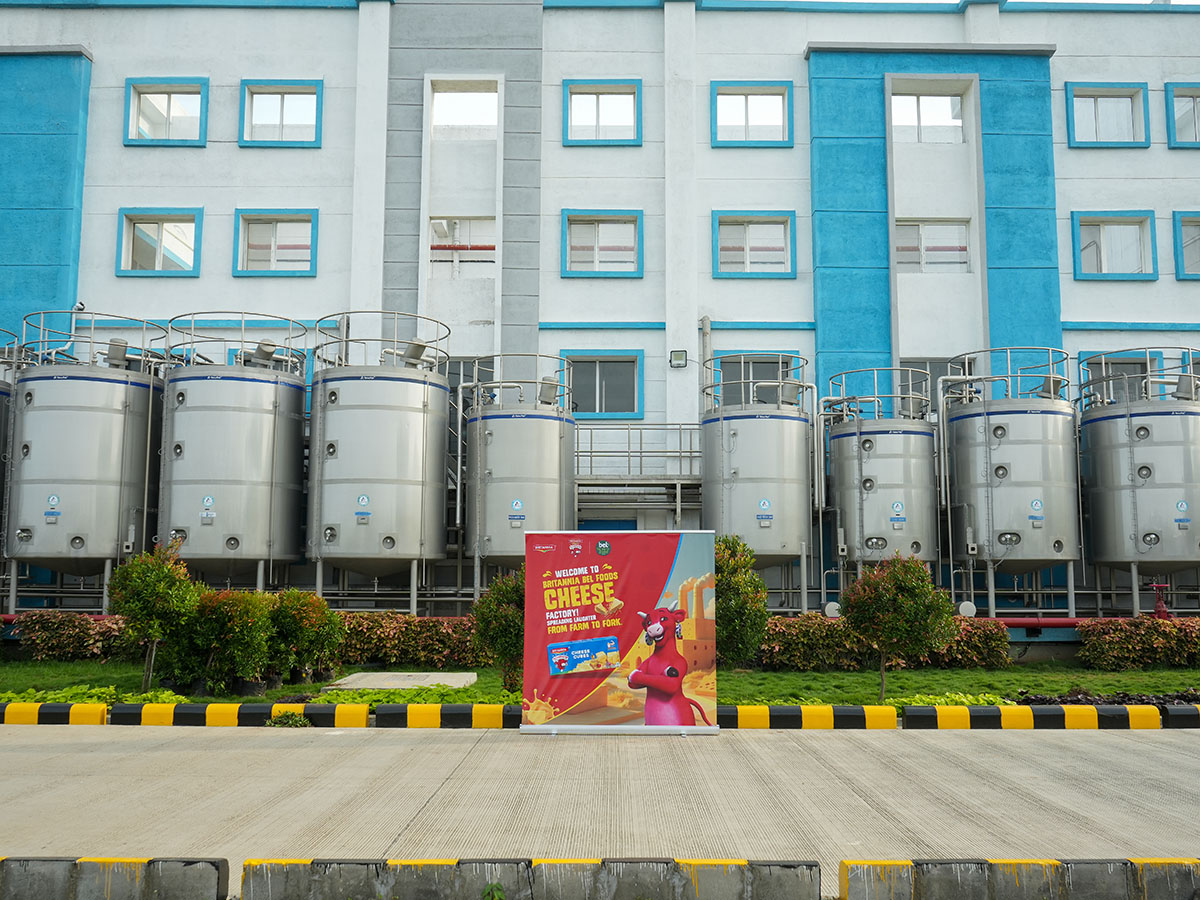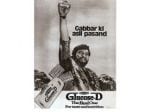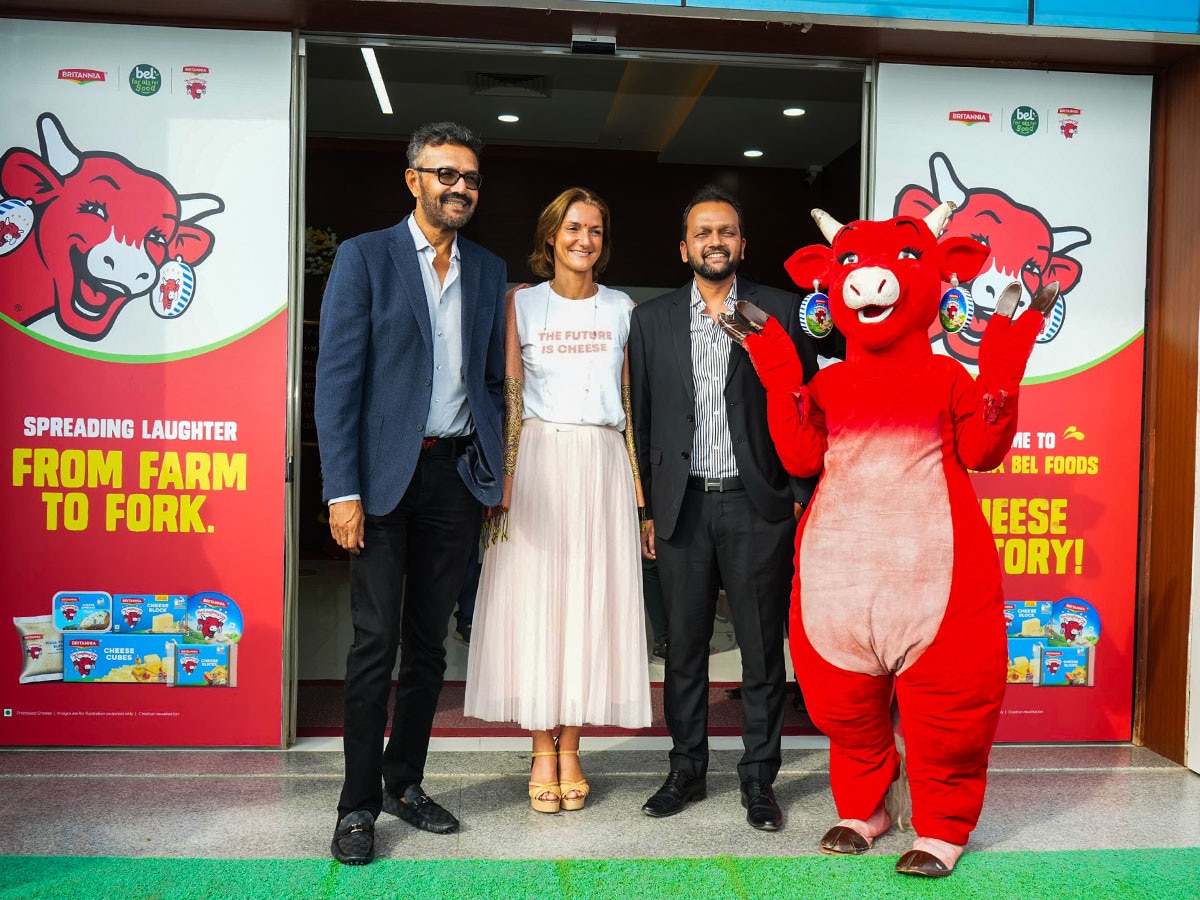QSRs have helped Indians become familiar with cheese: Britannia's Varun Berry
Britannia, in a joint venture with French cheese maker, Bel Group, inaugurated a cheese manufacturing plant in Maharashtra on October 9, to ride the wave surrounding an ingredient that is slowly gaining popularity among Indians
 The Britannia Bel Foods cheese factory, inaugurated on October 9, boasts a total production capacity of approximately 6,000 tons per year for natural cheese varieties like cheddar and mozzarella, and around 10,000 tons per year for processed cheese.
The Britannia Bel Foods cheese factory, inaugurated on October 9, boasts a total production capacity of approximately 6,000 tons per year for natural cheese varieties like cheddar and mozzarella, and around 10,000 tons per year for processed cheese.
When Varun Berry, now the executive vice-chairman and managing director of Britannia Industries Limited (BIL) joined the company in 2013, he was keen on introducing a popular snacking option among Indians—cheese and crackers.
“However, even people from the highest income category from our sampling size had referred to cheese as butter,” he recalls.
Unfamiliar with the dairy product due to its high cost, limited palatability, and usage options, for most Indians, it has taken a long time for cheese to become a part of their diet. However, thanks to popular quick service restaurants (QSR) such as Domino’s and Pizza Hut, it is now becoming a consumption habit, Berry says.
“Therefore, we are ready to ride that wave and do our bit by making it a part of every Indian’s plate,” he adds.
For the 120-year-old company, initially known only for baked goods, turned into a multinational food products company, dairy had always been a contract-backed segment.


















